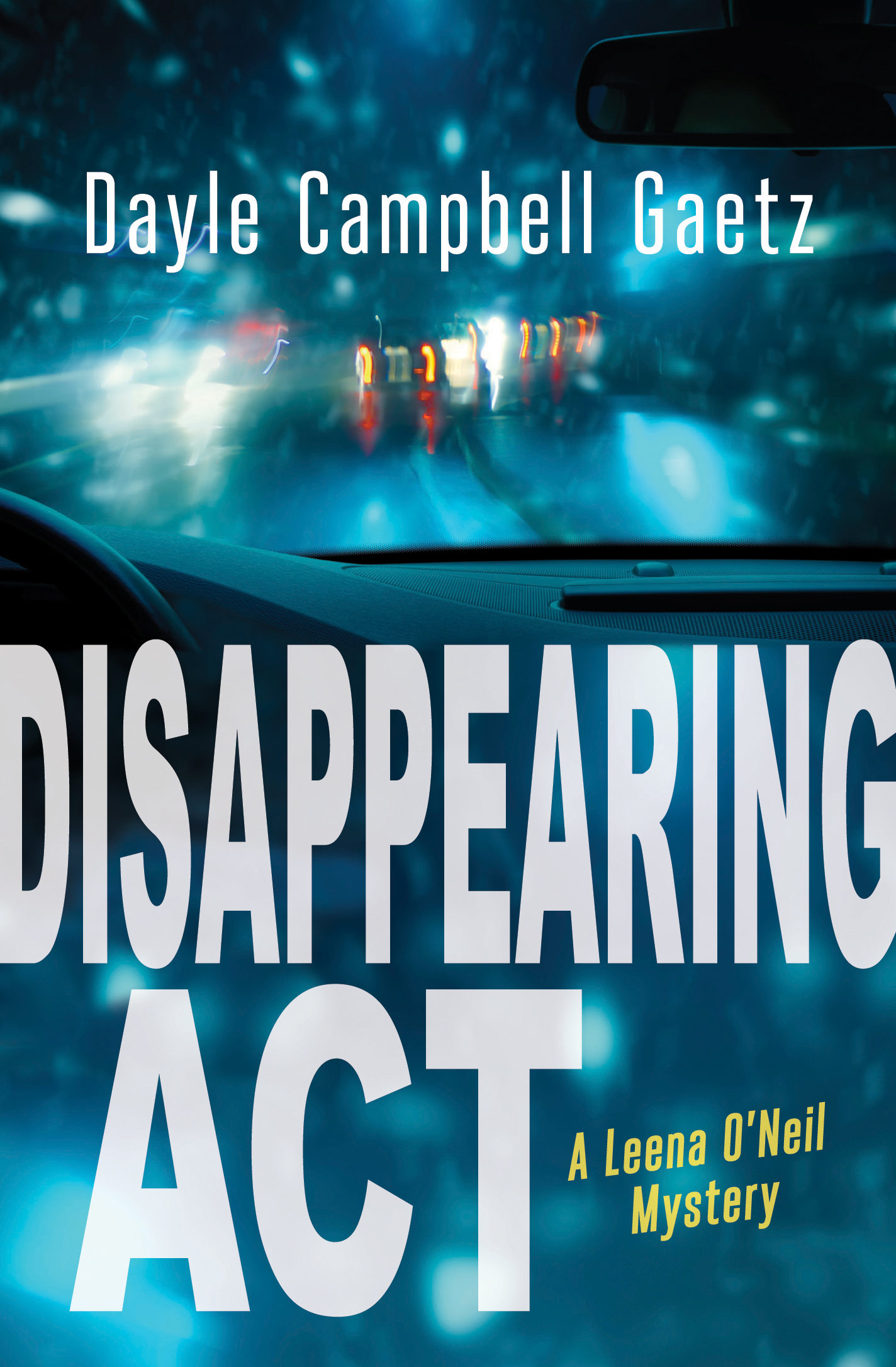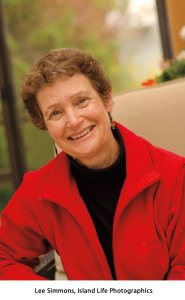#TuesdayTalk with Dayle Campbell Gaetz. Dayle’s first novel in the Rapid Reads series, Disappearing Act, launched this February.
Dayle, you’ve written many books for both children and adults. Where do you get your story ideas from?
Ideas are everywhere. Everyone has them. We humans have little control over the ideas that pop into our heads. Some we suppress, or try to, grateful technology yet to perfect a mind-reading app! Or has it? Some ideas are quickly explored and more quickly forgotten. A few are too compelling to forget. These are the ideas that linger. The ones that stick in the brain, grow and develop until they can no longer be ignored. This is where a new story begins for me. The character, Leena O’Neil, was not inspired by any one person in particular. She is a young woman struggling to find her own identity. A life apart from a mother and older sister who think they know what’s best for her. Disappearing might seem like a drastic measure, but for Leena it was the only way to escape Colleen, the girl she never wanted to be, the girl destined to become a lawyer whether she liked it or not.
When did you know you wanted to become a writer?
As a child I spent hours making up stories. Not writing them down so much as imagining them when I was supposed to being something else. This did not always work out well. As a young adult I thought I wanted to be a teacher. It never occurred to me to study journalism–a career I would have loved. Nevertheless I have spent most of my career writing and almost no time in front of a classroom.
How do you motivate yourself to write?
I must confess to becoming a lazy writer over the past few years. Although I try to write every morning, when I’m not skiing, paddle boarding, gardening or finding some other means of procrastinating. After an extensive break I usually write again in late afternoon. Having said that, I do write almost every day whether I feel like it or not. The hard part is walking into my office, closing the door, turning on my computer, and settling in to write. By the time I’ve re-read my previous day’s work, editing along the way, it is difficult to stop.
What do you look for in a good story?
Another confession: I don’t read as much as I used to either. I’m not sure why, but suspect it’s due to my recently acquired obsession with Sudokus. Take that as a warning! Once you get hooked it takes a strong will to quit. When I do read I look for a story with compelling and believable characters that I care about as deeply as if they were friends or family. I want to be rooting for POV characters no matter what difficulties they get themselves into. So I enjoy a strong plot to go along with the compelling characters.
Have you had an odd job in the past? What was it?
I’ve had some interesting and not so interesting jobs over the years. Writing profiles for a bi-weekly journal on Salt Spring Island stands out as one of the best. I also enjoyed instructing a creative writing course for beginning writers and first-time novelists. The only problem was, I spent so much time thinking how they could improve their stories I had little left over for my own. Whether it counts as a hobby or not, I don’t know, but I have recently taken up juggling. On a good day I can juggle three balls for five or six tosses before they shoot off in all directions. I’ve decided it’s an age thing. The younger you are the easier it is to learn, like a new language. But I’m not giving up! I hear the latest fad is “Joggling” or juggling while jogging, but that’s not in my plans. Juggling while paddle boarding? Watch for it on YouTube!
What advice would you give to an aspiring author?
Write every day whether you’re “in the mood” or not. If you can’t manage every day, set aside a personal “writing time” at least three days a week. When you get stuck in the middle of a plot and can’t see the way out, go back to the beginning. Re-read and revise as you go. Let your subconscious work on the story and you may be surprised what happens when you arrive back at the sticking point. Join a local critique group that will force you to meet deadlines and offer valuable feedback at every stage of your work.
—
Dayle Campbell Gaetz grew up in Victoria and attended the University of Victoria. She has always loved books, both reading and writing them. Her writing career began on Salt Spring Island where she wrote her first 16 novels. For several years she wrote a column for the local weekly newspaper and published the occasional article in children’s magazines. Dayle now lives in Campbell River, British Columbia where, in addition to her own writing, she teaches a correspondence course on Writing for Children and Teenagers. Never knowing what idea will strike next, Dayle writes books that range from science fiction to history and from biography to mystery.


